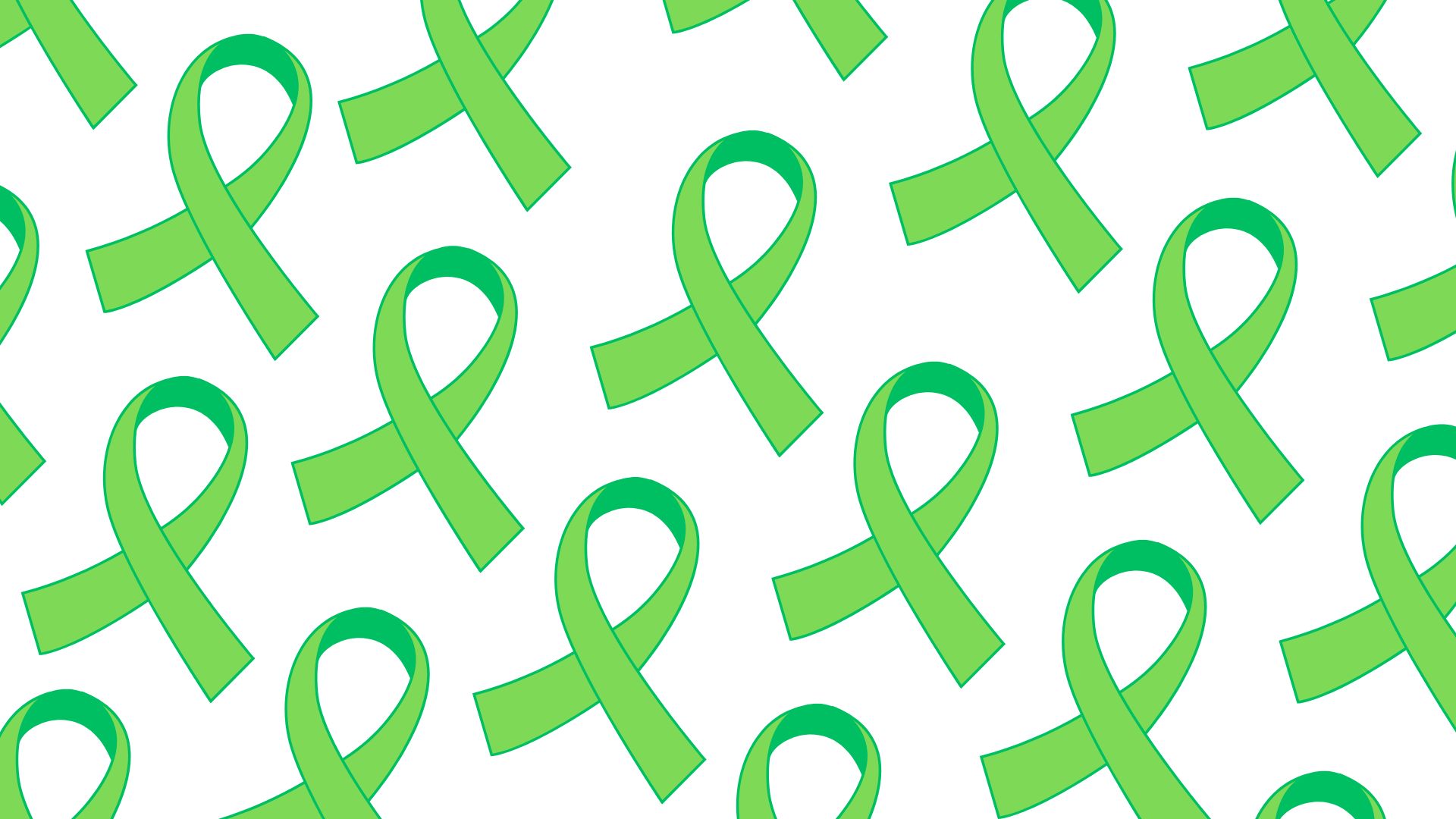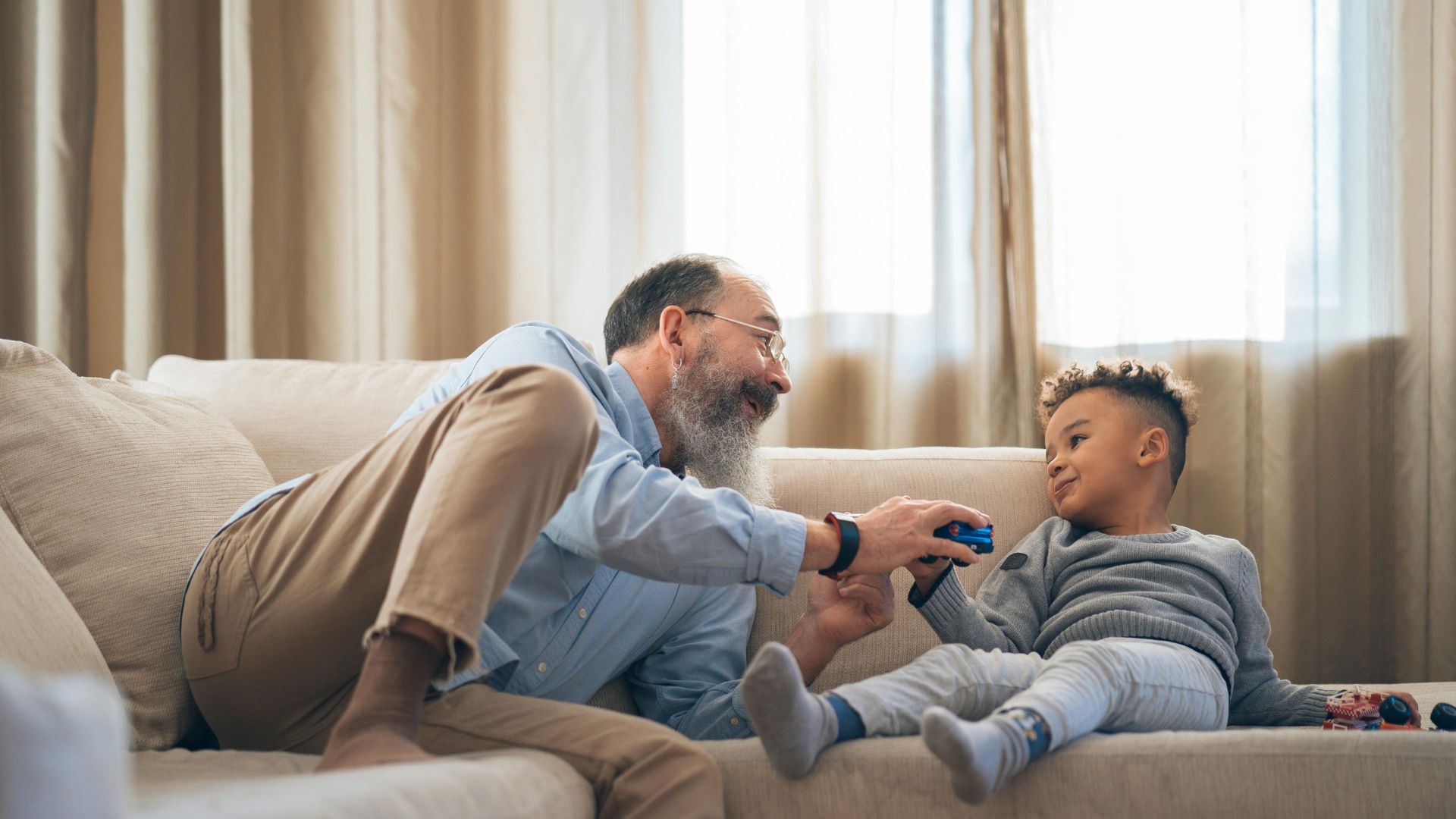Understanding Anxiety: The Basics
by Rachel Lysak | Jan 2024
The word “anxiety” can be easily misunderstood to be something that is always a bad thing. But actually, anxiety is a healthy and normal part of life. However, when our anxiety becomes so prevalent and pervasive that it prevents us from living well and being productive and content in our lives, it is categorized as a disorder. Anxiety disorders are among the most common mental health challenges, affecting millions of people worldwide. They can range from mild to severe and impact various aspects of life. If you believe that you or someone you love is struggling with anxiety and that it is affecting their quality of life, read on.
Types of Anxiety Disorders
Anxiety disorders come in different forms that affect individuals very differently but at the same time manifest in predictable patterns. Generalized Anxiety Disorder (GAD) is characterized by persistent, excessive worry about various aspects of life. Panic Disorder (PD) involves sudden, intense episodes of fear or discomfort, known as panic attacks. Social Anxiety Disorder is marked by overwhelming anxiety in social situations, often stemming from a fear of being judged or embarrassed. Other forms, such as specific phobias, involve intense fear of specific objects or situations.
Recognizing the Symptoms
Symptoms of anxiety disorders can vary but typically include persistent worry, restlessness, difficulty concentrating, rapid heartbeat, and sleep disturbances. Physical symptoms, such as sweating, trembling, and gastrointestinal issues, are also common. Anxiety can present in uncommon ways as well including increased irritability or anger, decision fatigue, perfectionism, compulsive behaviors, and physical symptoms that have no recognizable organic cause such as dizziness, fatigue, headaches, or unexplained body aches and pains.
Coping Strategies
Coping with anxiety involves a combination of lifestyle changes, therapeutic approaches, and sometimes medication. Mindfulness and relaxation techniques, such as deep breathing and meditation, can alleviate symptoms. These techniques lend themselves well and easily to integration with daily life after a small amount of training with a knowledgeable professional. Lifestyle modifications play a vital role in managing anxiety. Regular exercise, a balanced diet, adequate sleep, and reduced caffeine and alcohol intake can significantly impact overall well-being. Building a support network of friends, family, or support groups can provide comfort and understanding.
If all these avenues have been explored, but the anxiety will still not abate, professional help from a licensed counselor could provide the relief you are seeking. They can help you further your knowledge of the types of anxiety disorders, recognize their symptoms, and implement effective coping strategies that can significantly improve the quality of life for those affected. Remember, you are not alone, and help is available.












